Thermoplastic Composite for Automotive 18-09-2021 - Arhive
Thermoplastic Composite for Automotive
-Alpla, Ecohelp and UPT launch joint PET recycling operations in Romania
The Alpla Group, the global packaging solutions and recycling specialist, is investing in the construction of a recycling plant in Targu Mures, Romania as part of a joint venture with its partners. The plastic granulate recycled there in the future will come from PET bottles collected from household waste and will be used to manufacture new PET bottles.
By creating the planned PET Recycling Team Targu Mures joint venture, Alpla and companies Ecohelp SRL (Romania) and United Polymer Trading AG (Switzerland) are each investing equally in the installation of an extrusion line to recycle post-consumer PET bottles at the Romanian partner’s site. They aim to produce 15,000 tonnes of food-grade post-consumer recycled PET (rPET) each year. The rPET granulate will then be used to manufacture new preforms and bottles, with an intention to strengthen the local materials cycle within the Central and South-Eastern Europe region.
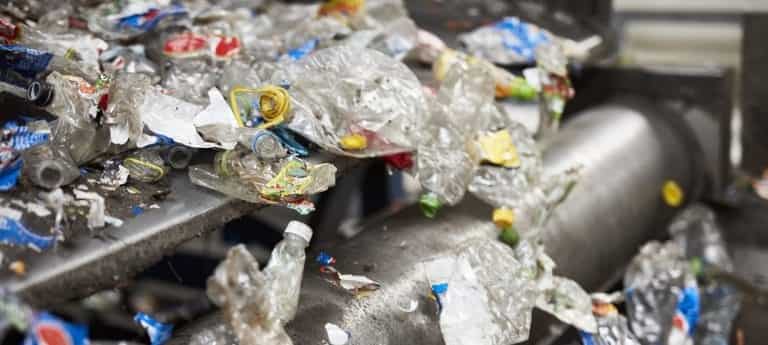
-Solvay Expands Thermoplastic Composite Capacity
Solvay’s new TPC line will produce unidirectional composite tape from a range of high-performance resins including PVDF, PPS and PEEK.
Solvay Specialty Polymers has completed the installation of a new thermoplastic composites (TPC) manufacturing facility at its Greenville, S.C. site. A key driver for the world-class facility is growing demand from energy companies, supported by increasing aerospace and automotive demand. The project represents a major milestone in Solvay’s efforts to industrialize its TPC capacity.
The new product line will have the ability to manufacture unidirectional composite tape from a range of high-performance polymers including PVDF, PPS and PEEK. Upon full commercialization of the Greenville facility, the new line will add more than 30 positions at the 27,000-sq.ft. facility. Solvay will be uniquely positioned with proprietary technologies enabling the company to position the right product for the right application. Thermoplastic Composite for Automotive
Solvay’s TPC portfolio includes Evolite carbon fiber reinforced thermoplastics, which offer reliability and lower total cost of ownership in markets such as energy and automotive, and APC tapes, which offer significant weight and cost advantages in aerospace and urban air mobility applications.
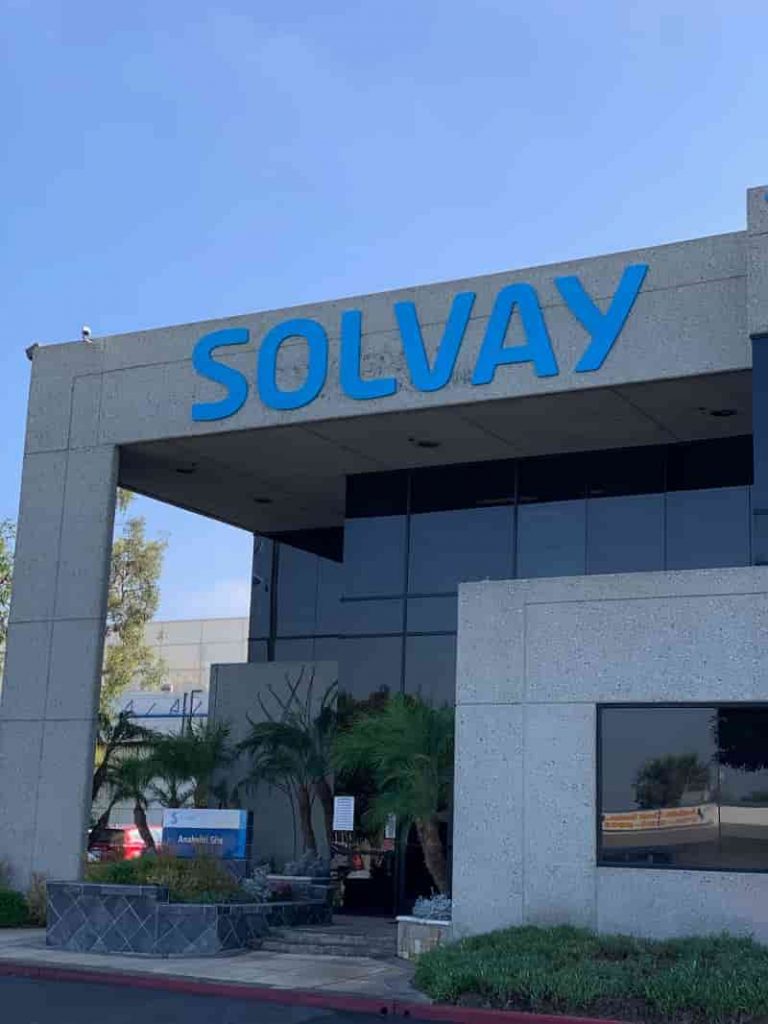
-S.Korea considering extending tariffs on PET film from Taiwan, Thailand, UAE
South Korea’s trade watchdog said Thursday it has decided to recommend the government extend anti-dumping duties on polyethylene terephthalate (PET) film imported from Taiwan, Thailand and the United Arab Emirates, citing substantial damage to the local industry. Thermoplastic Composite for Automotive
The Korea Trade Commission said it has advised the finance ministry to set duties of 3.19 percent to 60.95 percent on PET film coming from the countries for the next five years.
The country already had been applying tariffs of around 3.67 percent to 60.95 percent since 2018, which expired in April this year.
The announcement came after South Korea carried out investigations into the imported PET film upon the request from local businesses, including Kolon Industries Inc., SKC Ltd. and Hyosung Chemical Corp.
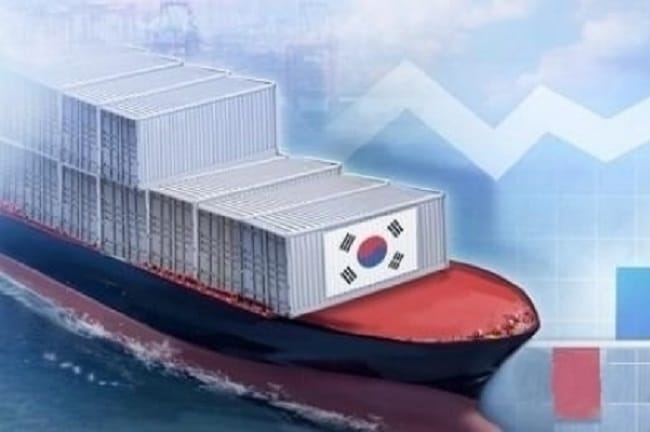
-Korteks breaks new ground for Turkey
The line has a production capacity of 7,200 tons per year and currently processes clean in-house polyester fibres and post-consumer PET flakes.
Korteks, one of the world’s biggest yarn producers based in Bursa, Turkey, has started the production of recycled polyester filament yarn in using a Starlinger recycling line.
The Starlinger recoSTAR universal 165 H-VAC iV+, which is part of a $10 million investment by Koreks in a new polymer recycling facility, became operational in May. It has a production capacity of 7,200 tons per year and currently processes clean in-house polyester fibres from production scrap together with washed post-consumer PET flakes at a ratio of 50/50. Thermoplastic Composite for Automotive
Korteks uses the polyester regranulate at a share of 100% for its new polyester filament yarn line it is will market under the name TAÇ Reborn.
“We have been in extensive cooperation with Starlinger for a long time” said Barış Mert, Korteks general manager.
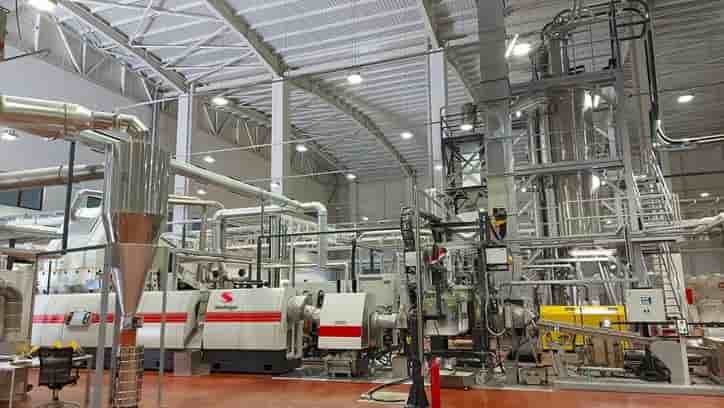
-Titanium demand drivers are in whitening
Roughly 90% of lightweight mineral is used in paints, pigments Critical Minerals Alliances – September 2021
Lightweight, strong, and resistant to corrosion, titanium is best known for the properties it lends to rockets, aircraft, and high-performance sports equipment. Only about 3% of the more than 8 million metric tons of titanium minerals mined each year globally, however, go into high strength-to-weight ratio and corrosion-resistant alloys. What does drive the mass majority of the demand for this critical mineral is “enwhitening.” Thermoplastic Composite for Automotive
According to the United States Geological Survey, more than 90% of the titanium mined each year is used to impart a stark whiteness to a surprisingly wide variety of consumer goods we use every day.
“Titanium is different than most other metallic elements in that it is mined primarily to satisfy demands for a chemical product – titanium dioxide for pigment – rather than for the metal itself,” the U.S. Geological Survey penned in a 2018 report on the durable mineral.
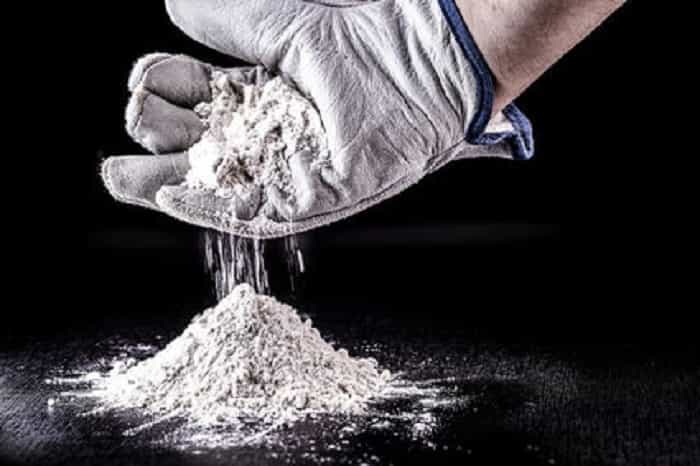
-Sumitomo Chemical to Launch MeguriTM, a New Brand for Recycled Plastic Products
Sumitomo Chemical has launched MeguriTM, a new brand for plastic products obtained through recycling technology. The Company will work to spread MeguriTM products to contribute to the reduction of greenhouse gas (GHG) emissions and other environmental impacts. Thermoplastic Composite for Automotive
The brand name MeguriTM means “circularity” in Japanese and was created by young employees, who will lead the next generation of Sumitomo Chemical, to express their commitment to connecting three “circularities” to the future. Meguri TM represents “a circular economy for resources,” “circle of people,” and “circling back to the origin”—to Sumitomo Chemical’s founding spirit of solving social issues through its business activities. This spirit has been upheld in the Sumitomo Chemical Group for over a century since the Company got its start to produce fertilizer from harmful sulfur dioxide to overcome smoke pollution caused by copper smelting. The tagline “CIRCULARITY FOR ALLTM” demonstrates the Company’s firm determination to contribute to creating a circular economy.
MeguriTM covers a variety of recycled plastic products, such as acrylic resin (PMMA, poly-methyl-methacrylate), polyethylene and polypropylene produced by chemical or material recycling technologies.
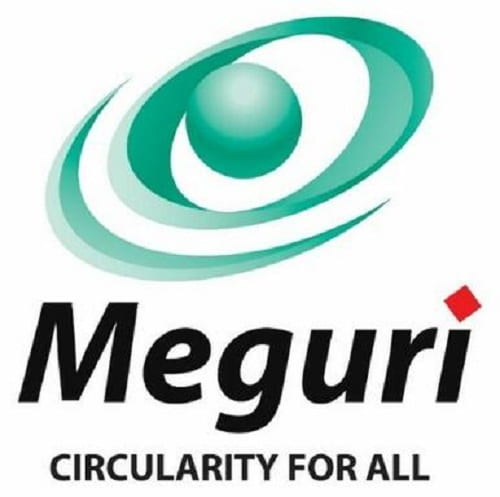
-China to tackle plastic pollution
China has issued a five-year plan for controlling plastic pollution, aiming to tackle by 2025 the “white pollution” resulting from over-packaging and overuse of plastic products. Implementation of the plan is likely to reduce overall demand for polymers, affecting some downstream sectors of polyethylene (PE) in the long term.
The plan calls for reducing the amount of plastics produced and used, while promoting alternatives for plastics and standardizing disposals and recycling of plastic waste. It was jointly issued on 15 September by China’s main economic planning agency the NDRC and the ecology and environment ministry.
Packaging and overuse Thermoplastic Composite for Automotive
Disposable plastic products in retail, express deliveries, food packaging and other key sectors will be reduced in the next five years.
Secondary packaging of express deliveries will be halted, with recyclable express packaging increasing to around 10mn units. Reduced packaging will lead to diminished demand for PE and polypropylene (PP). Packaging for express deliveries are mainly high-density polyethylene (HDPE), low-density polyethylene (LDPE) and PP raffia. Food packaging is made from PP, polyethylene terephthalate and polycarbonate.
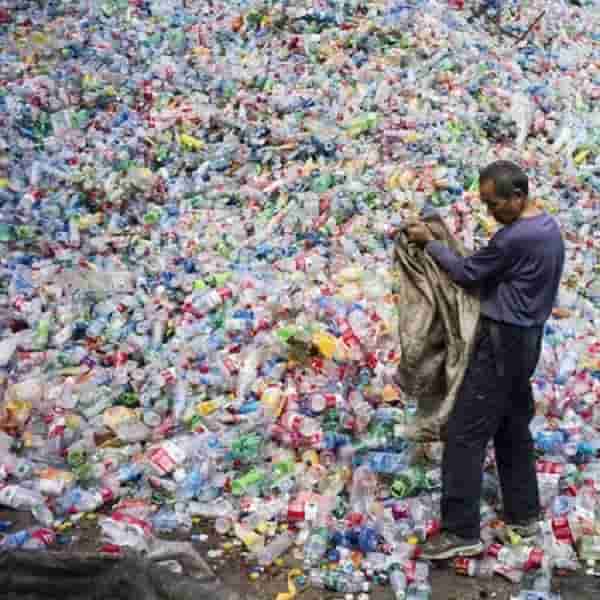
-SDIS21: Fairer Economies – What are the challenges in making economies more sustainable?
- Despite significant progress in recent decades, we’re off track to end extreme poverty by 2030 and meet many other targets.
- COVID-19 set back progress on reducing poverty, hunger and inequality.
- The climate crisis threatens to deepen divides.
- The Forum’s annual Sustainable Development Impact Summit on 20-23 September will take stock of progress on the UN’s SDGs.
After decades of progress towards addressing poverty, life expectancy income inequality, COVID-19 set us back – bringing the first rise in extreme poverty in a generation, At the same time, the pandemic increased hunger, food insecurity and unemployment, while life expectancy dropped, including in some of the world’s wealthiest countries. Thermoplastic Composite for Automotive
COVID-19 has led to the first rise in extreme poverty in a generation.
However, these trends started even before the pandemic, with 650 million people going hungry, 2 billion suffering from food insecurity and the rate of reduction in poverty slowing.
Both permanent and temporary social protection programs helped to fill the gaps, but they weren’t enough: only 46.9% of the global population was effectively covered by at least one social protection cash benefit in 2020, “leaving as many as 4 billion people without a social safety net,” says the UN’s Sustainable Development Goal Report 2021..
Amid this context, the Forum is convening its virtual Sustainable Development Impact Summit 2021 on 20-23 September.
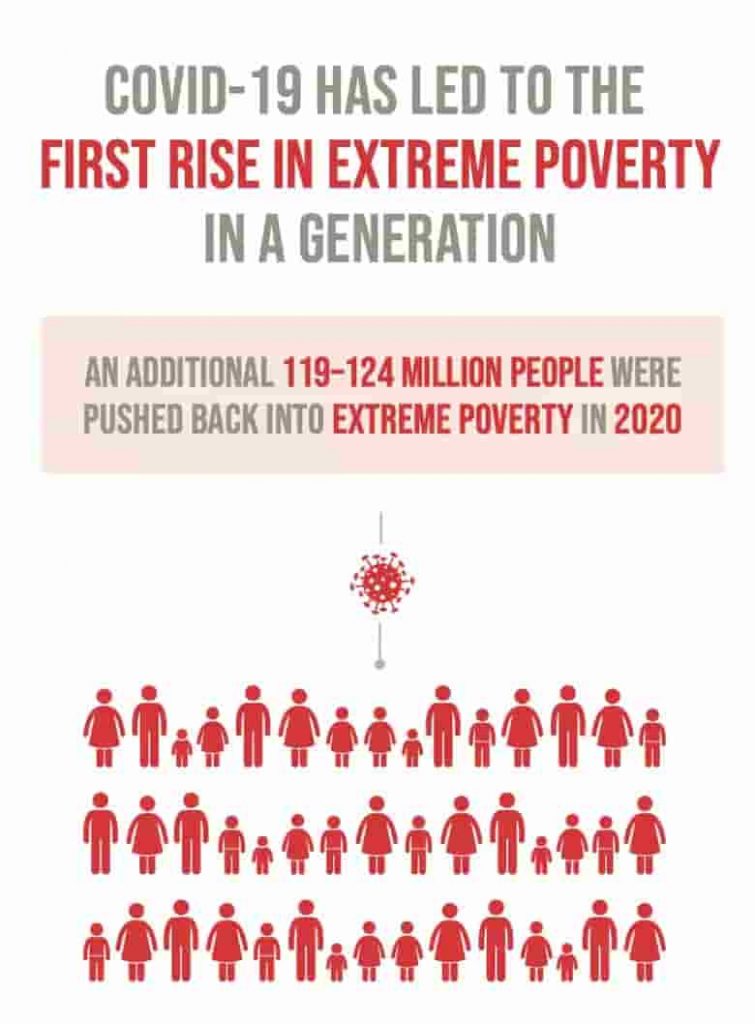
-Chevron and Gevo partner to produce sustainable aviation fuel
Oil giant Chevron USA and Gevo, a Douglas County, Colorado-headquartered renewable chemicals and advanced biofuels company, today announced a letter of intent to jointly invest in building and operating one or more new facilities that will process inedible corn to produce sustainable aviation fuel.
On September 9, as Electrek reported, major US airlines pledged to voluntarily make 3 billion gallons of sustainable aviation fuel (SAF) available to US aircraft operators to reduce aviation emissions by 20% by 2030.
Aviation fuel demand by 2050 is currently projected to be around 35 billion gallons per year, so there’s certainly going to be a huge demand for a lot of SAF.
Using its existing technology, Gevo will produce sustainable aviation fuel and renewable blending components for motor gasoline to lower its life cycle carbon intensity. Chevron will co-invest with Gevo in one or more projects, and it will have the right to sell around 150 million gallons of the SAF annually to market to customers. Thermoplastic Composite for Automotive
The companies’ announcement does not yet detail where the SAF will be produced, or how much they will produce.
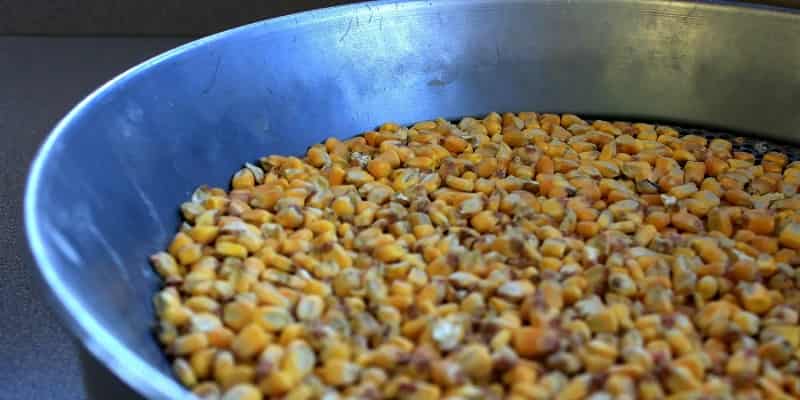
-China PP arbitrage to US goes through the roof despite surging freight costs
The arbitrage window for moving northeast Asian polypropylene (PP) to the US in August was at $1,152/tonne compared with just $73/tonne a year ago. This was based on the China CFR benchmark price versus the US contract price minus freight costs. Thermoplastic Composite for Automotive
Arbitrage for moving northeast Asia PP to Europe in September is also a lot stronger than a year ago.
This demonstrates that despite further surges in freight costs, the opportunities for PP and polyethylene buyers in the West to save money remain big, provided they can accept longer lead times.
And for Asian and Middle East producers, this is a great opportunity to relieve persistent oversupply.
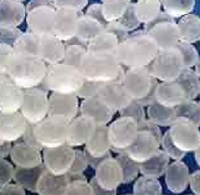
Thermoplastic Composite for Automotive
